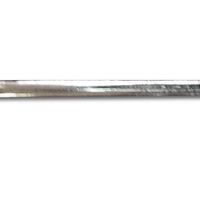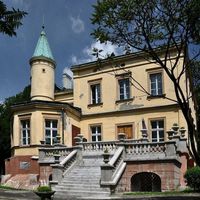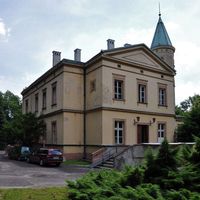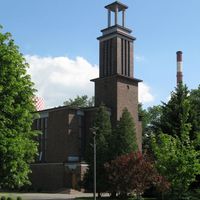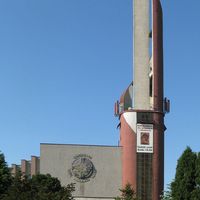Będzin
8.04
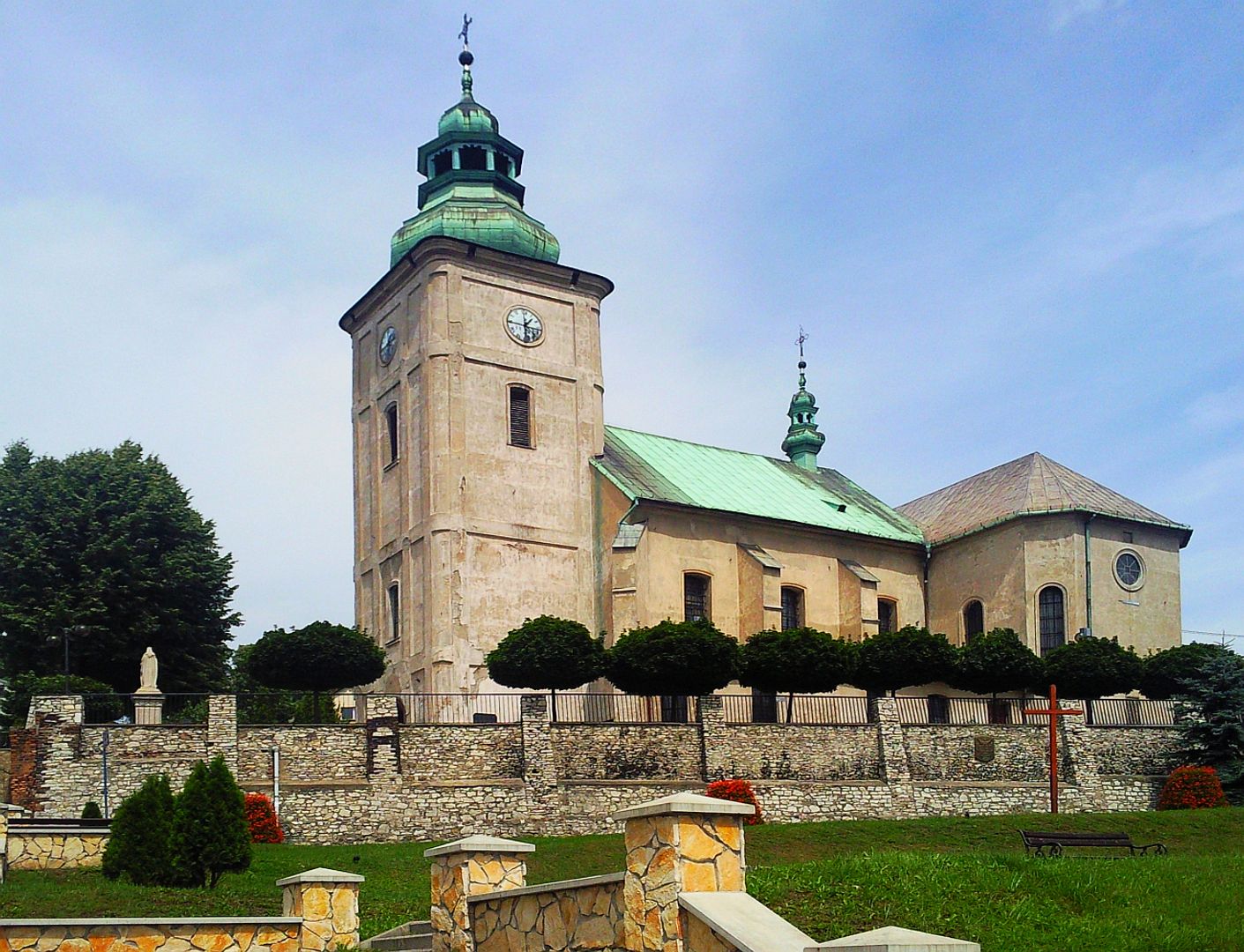
Overview
Będzin is a city located in southern Poland, in the Silesian Voivodeship, serving as the seat of the Będzin County. As one of the oldest towns in Lesser Poland, it boasts a rich history dating back to the 9th century, when a defensive stronghold was built on a hill. In 1358, Będzin was granted town rights. The city experienced its greatest flourishing during the Jagiellonian era, when it gained numerous trade privileges. In the 16th century, it gained religious significance with the establishment of a Jewish community, which played an important role in the life of Będzin, constituting the majority of its inhabitants at the time. Architecturally, it stands out with its 14th-century medieval castle, which was rebuilt after years of neglect, as well as the preserved urban layout of the Old Town and the city's defensive walls. It is also worth mentioning the numerous religious monuments, including the Holy Trinity Church and the Mizrachi Synagogue. Będzin is also a known cultural center, organizing music festivals such as the Reggae Music Festival and the International Festival of Carols. The city is also home to numerous cultural institutions, including museums and theaters. Będzin is famous for its abundant greenery and natural monuments; within its area, there are 94 trees recognized as natural monuments. Today, the city is an important industrial center, with developed metallurgy, energy industry, and extensive commercial activity. An interesting fact is the annual fair in the Gzichów district, which attracts thousands of visitors and is one of the oldest in the region. Będzin also holds partner city status with places such as Tatabánya in Hungary and Basse-Ham in France, highlighting its openness to international cooperation.
Location
2026 Wizytor | All Rights Reserved
